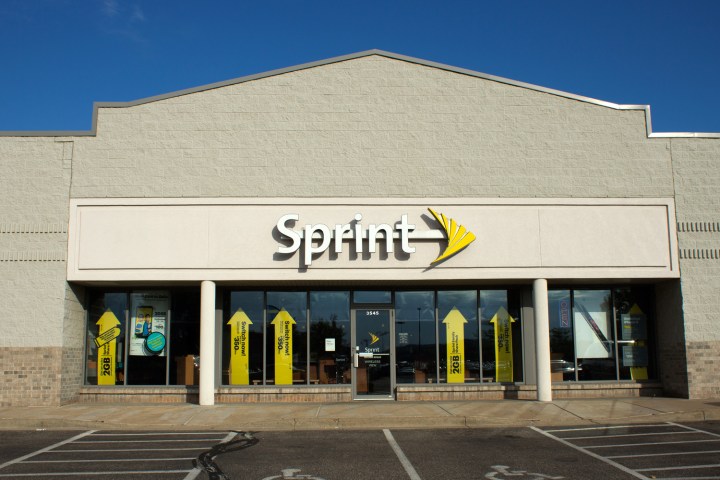
Sprint won’t be doing this alone, however, as the carrier announced it will open the 500 retail stores with the help of U.K. retailer Dixons Carphone, a relative unknown here in the United States. Dixons Carphone is the result of a merger between two U.K. companies — Dixons and Carphone Warehouse. The pre-merger Dixons tried to gain market presence in the United States in 1987 with the purchase of American retailer Silo for $320 million. Unfortunately, six years later, Dixons turned around and sold Silo at a $45 million loss.
Meanwhile, pre-merger Carphone Wireless formed a partnership with Best Buy back in 2008 in order for Best Buy to open some stores in the United Kingdom, which the American retailer did in 2010. Unfortunately, things didn’t work out as planned, and Best Buy said goodbye to its stake in Carphone Wireless for a $775 million loss, thus inevitably leading to Dixons merging with Carphone Wireless last year.
The name Dixons should still ring a few bells, however, seeing as the retailer teamed up with Sprint last summer to launch a pilot program. Based on Sprint’s announcement today, the pilot program seemed to have gone well enough to move forward.
Sprint and Dixons will each pay half the cost of the stores, with the companies also sharing ownership of the 500 new outlets. This isn’t Sprint’s first rodeo when it comes to teaming up with other retailers, however, as Sprint announced last summer its move into Radio Shack’s 1,435 remaining physical locations. Based on these partnerships, it seems like Sprint’s strategy involves getting its name out with a larger retail presence, and we’ll have to wait and see if this pans out for the carrier.
Editors' Recommendations
- Apple’s latest store opening is one of its most significant in years
- New App Store rule lets companies charge more for subscriptions without approval
- Apple and Google are going to need to open up their app stores in South Korea
- Apple preps more store reopenings ahead of new iPhone launch
- WordPress claims Apple wants 30% of App Store profits even though its free

